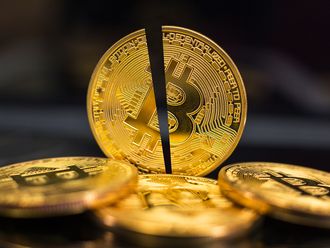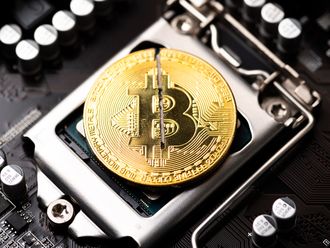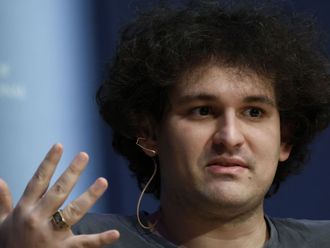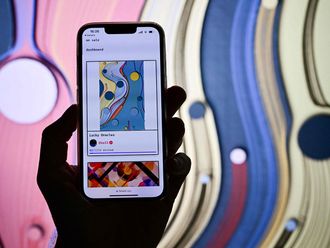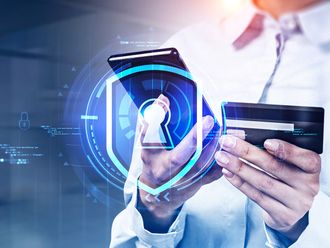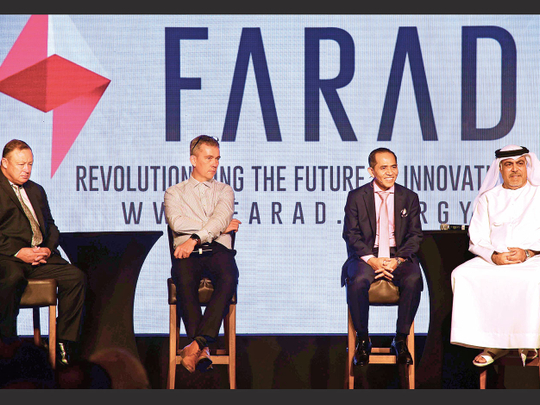
Dubai: Farad, a Malaysian company, launched its Farad cryptoken at a hotel at the Dubai International Financial Centre (DIFC) on Monday afternoon, touting it as the first cryptocurrency backed by real economic activity.
A cryptocurrency, or token, is defined as a digital currency in which encryption techniques are used to regulate the generation of units of currency and verify the transfer of funds, operating independently of a central bank.
Bitcoin is the most famous example of a cryptocurrency.
In simple terms, an investor will purchase a Farad cryptoken, which will be backed by the manufacturing of state-of-the-art ultra-capacitors, which entrepreneur Elon Musk has described as the future of energy storage.
“This is the first cryptocurrency backed by real-economy activity,” Wan Hasni, Chief Executive Officer, Farad Program, said in an interview with Gulf News.
The fact that these tokens are generated in line with the production of Farad’s capacitors is the exceptional thing about this kind of initial coin offering (ICO), the latest in a long line of new cryptocurrencies launched, following the spike in value of market leaders Bitcoin.
The Farad cryptoken (FRD) is a digital currency, with each token representing the rights to the forward purchase contract of 80,000,000 ultra-capacitor cells produced by a Chinese company over a period of 36 months.
According to company documents, at the time of ICO, 1 FRD will be equivalent to $12.50.
The question-and-answer session that followed Wan Hasni’s enthusiastic but perplexing presentation was mired in confusion, as would-be investors tried to understand what a cryptocurrency was.
Amidst this uncertainty, the fact that the ICO was backed by a solid business model and real economic activity was sadly lost on the audience.
As company executives explained noted afterwards in interviews with Gulf News afterwards, the discussion around the cryptocurrency element, simply meant to increase transparency and accountability, obscured the fact that people would be investing in a real business with real returns.
The pre-sale ICO will happen on August 25, and then on September 15 the sale will begin in earnest. Around 1.2 billion FRD will be issued in the ICO, half during the pre-sale and half at the full sale, for a 10 per cent premium.
The ICO will be followed by roadshows in Asia and Europe to promote the business.
“Each capacitor production is recorded on the Blockchain, giving transparency as to what is happening in the factory. In this system, because it’s a public record, it’s transparent. When the buyback happens, it’s equally transparent,” said Andreas Kristof, Chief Technology Supervisor, Farad Program in an interview with Gulf News.
The first buy back date is March 20, 2018.
What is a cryptocurrency?
Cryptocurrencies are defined as a digital currency in which encryption techniques are used to regulate the generation of units of currency and verify the transfer of funds, operating independently of a central bank. Famous examples of cryptocurrencies include Bitcoin and Ethereum. They are essentially similar to dirhams or dollars, except they are not physical, you can’t hold them. They are more akin to the money you use when online banking, in that they exist digitally.
Many cryptocurrencies are produced by mining, a process in which real people use computing power to solve complex mathematical equations that authorise and authenticate transactions, receiving coins in return for their work.

